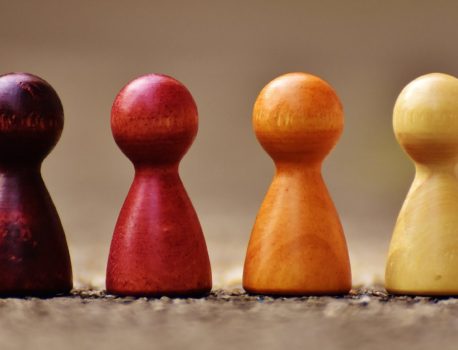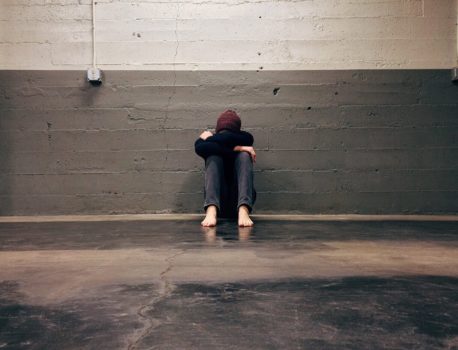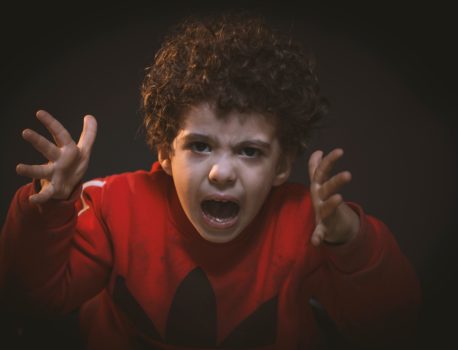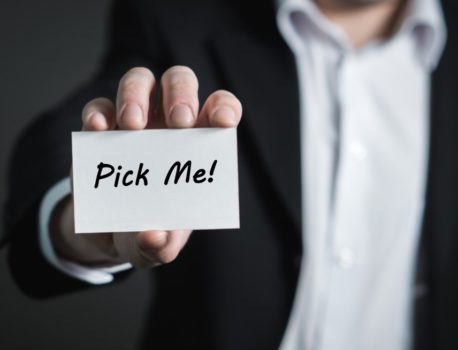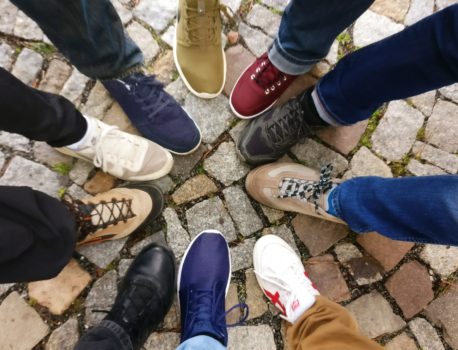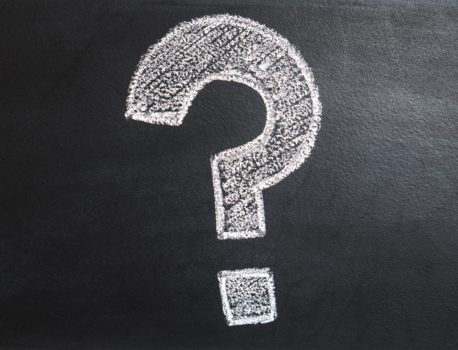Empathy is a theme that keeps coming up for me lately. It’s always played a huge role in my coaching and workshops as a tool and a strategy that I can employ to achieve success. I believe in it.
Empathy: reflecting back the emotional content you hear to help another person feel understood and seen.
While I like to think that I practice what I preach on a regular basis, it’s always good to reflect on ideals versus reality and see where you’re really at.
A few months ago I was at the gym and I listened to a great episode of the podcast This American Life titled “Where there is a Will.” Part of the episode addressed how American politics (and by extension, global politics) have changed to an ‘Us versus Them’ mentality, and the episode credited Newt Gingrich with a large role in this evolution. The movement was called “Political Tribalism,” and it kind of broke my idealistic heart as I trudged round and round on the elliptical machine. Political Tribalism breeds a sense of identity and members of this tribe often focus on winning and supporting the tribe no matter what the situation. Crush your opponent because winning is everything.
While I am definitely competitive, I’ve never been much for team sports – not because I don’t like teams, mostly, I’m just not skilled at the sports that need teams. My sports skills are skiing (water and downhill) and I identify with the idea of an individual pushing themselves towards excellence. Now don’t get me wrong, I love teams. Teams in business, teams in the arts; I think a team can bring out the best in people and achieve results that individuals alone cannot. The other day I listened to the play by play of the Toronto Raptors victory parade. That team worked incredibly well together and inspired a country of diverse people to cheer and celebrate together. It was exhilarating. In our current political climate, unfortunately, the team structure is struggling to unite diverse opinions.
Alright, I’m getting a bit off track, and this is my thought process that brought me to the idea that empathy isn’t losing. So much of how we think today is about winning and losing, black and white, good and bad. We are constantly bombarded with messages that reinforce this mindset, so it’s no wonder we struggle to feel comfortable in the gray, in the mushy middle of not winning and not losing.
And this brings me to another podcast. I’m back at the gym and listening to Father Greg Boyle talk to Alan Alda on his great podcast Clear+Vivid. They talk about kids and adults getting out of gangs and a work program Boyle has developed. Father Greg Boyle is quite inspiring especially considering the horrible violence that is a part of his every day life. Alda asks him if he believes people can be evil, and Boyle says no. (I’m paraphrasing here – listen to the whole podcast to hear how it all went). He believes many people have endured horrible things that lead them to behave cruelly and that they are damaged rather than evil.
And that brings me to my empathy checkup. While I have been in Thunder Bay for almost three years now, I am still working hard to feel settled and at home. I am meeting new people all the time and trying to determine where I fit in. Sometimes people are great – welcoming and helpful – and sometimes they are not. Sometimes they are petty and seem to work hard to put restrictions on others. In my lower moments, I have felt angry. I’ve interpreted someone’s ‘bad behaviour’ and labeled them ‘a bad person.’ If I have felt excluded or insulted, I have let empathy fly out the window. I’ve been struggling with the idea that if I am understanding of their situation, then I justify or accept it. This is not true. To understand someone’s side is not to agree with it.
Empathizing isn’t losing.
I have to keep repeating this to myself. Listening to another person and allowing yourself to be open to the events and circumstances that led someone to behave like an asshole doesn’t mean you agree with them being an asshole. It means that you have an understanding of how they got there, what motivated them, and how hurt/angry/frustrated they may be feeling. And maybe knowing that will change you (or me, in this case.)
We are all damaged or flawed in some way. We all want to feel valued and important. If we can drop the ‘us versus them’ mindset and put the focus back on individuals, what can we achieve? Understanding is not agreeing. Listening is not validating. It can be, and it doesn’t have to be. So, here’s what I am going to do (and you’re welcome to join me): The next time I feel slighted and am tempted to write someone off as a jerk, I’m going to take the time to listen to their side, and do my best to see their perspective. What I learn might surprise me.

